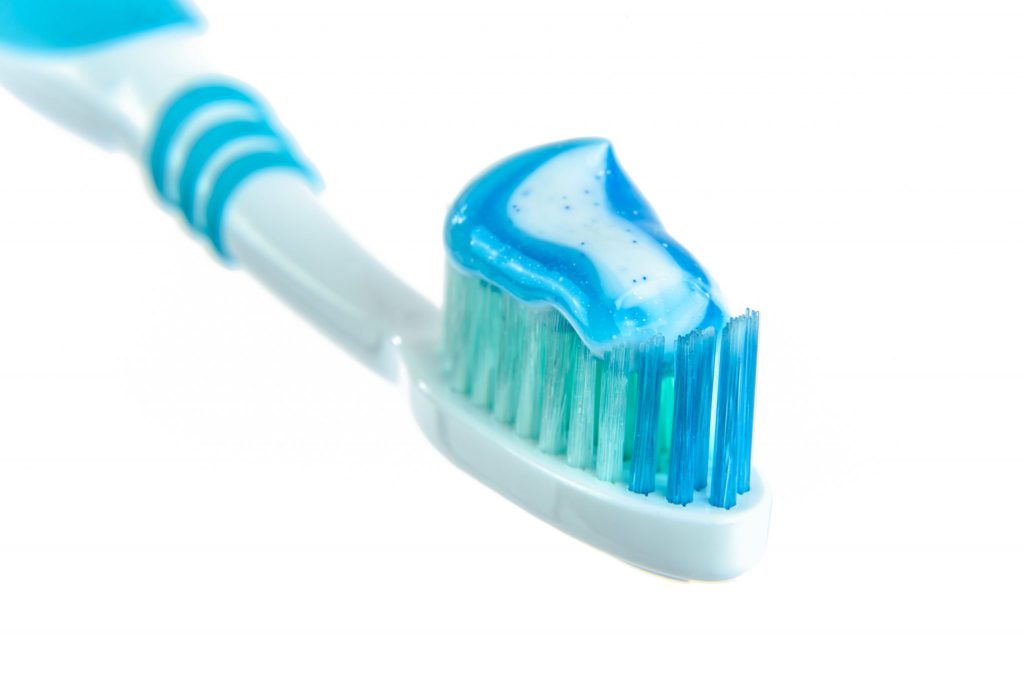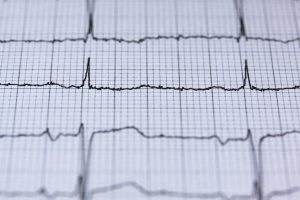Coffee drinkers rejoice: a new study has found an association between coffee consumption and a reduced risk of heart failure. But don’t start chugging more joe just yet. Experts aren’t declaratively stating that coffee is good for heart health, simply that there’s a correlation. More information is needed on the link between coffee and heart failure risk.

In the study, which analyzed more than 21,000 adults over 10 years, researchers found that people who drank more coffee had a lower long-term risk of heart failure. The risk of heart failure dropped by between five and 12 percent per day for each cup of coffee that was consumed. This was in comparison to people who drank no coffee.
Interestingly, people who drank decaf had a higher heart failure risk.
Enjoy Coffee for Heart Health – In Moderation
Like most other foods and beverages, coffee is best enjoyed in moderation. Federal guidelines recommend up to five 8-ounce cups of black coffee per day. Popular drinks that are high in fat and sugar can be harmful, as can large amounts of caffeine consumption. And it’s important to understand the effects caffeine can have on other health behaviors, such as sleep and stress.
Ultimately, researchers say, the best way to lower heart failure risk is to focus on the risk factors and behaviors that have long been known to improve heart health. These include quitting smoking, exercising, eating a healthy diet, sleeping well and minimizing stress.
What’s one easy way to protect the hearts of those you love? Learn CPR!
HeartCert CPR is your trusted training partner for CPR, ACLS, PALS, EMR and First Aid in the Twin Cities and throughout Minnesota.
HeartCert CPR courses include CPR/AED/First Aid and CPR/AED, Basic Life Support (BLS), Advanced Cardiac Life Support (ACLS), Pediatric Advanced Life Support (PALS), and Certified Nursing Assistant training. Courses and certifications from both the American Heart Association and American Red Cross are available.
We are now offering virtual CPR courses and certifications! We also offer safe, in-person courses at our headquarters, HeartCert CPR Eagan.














